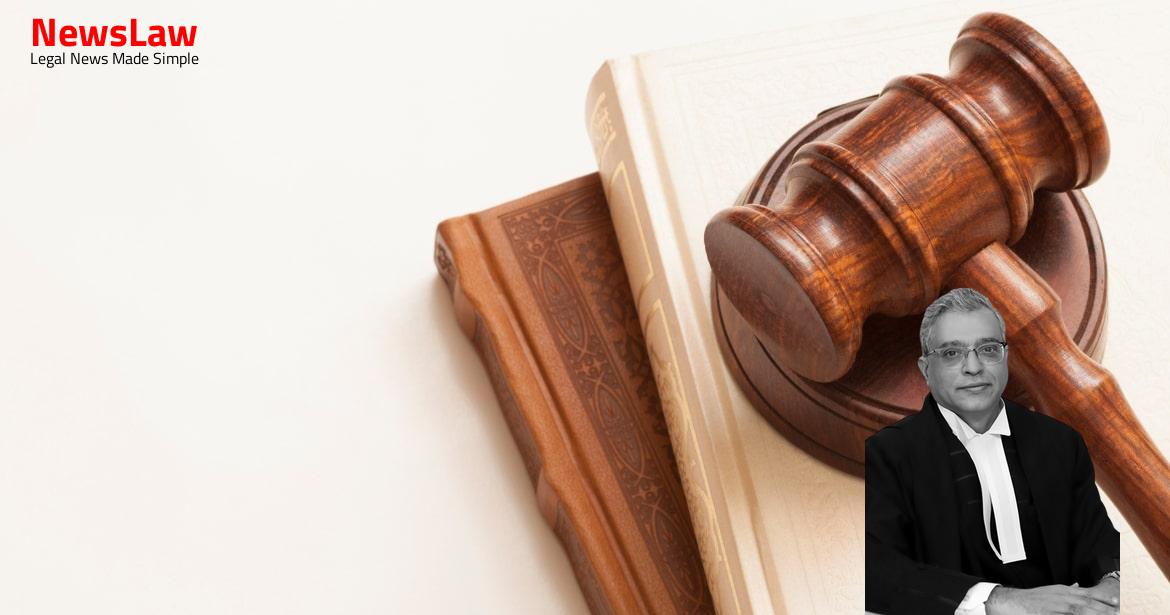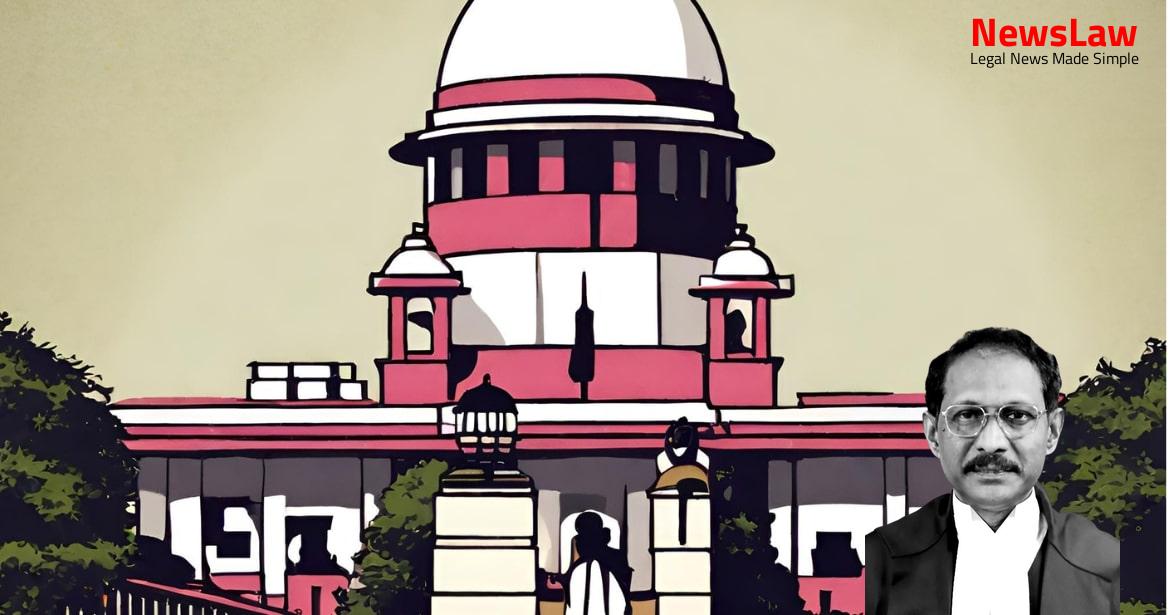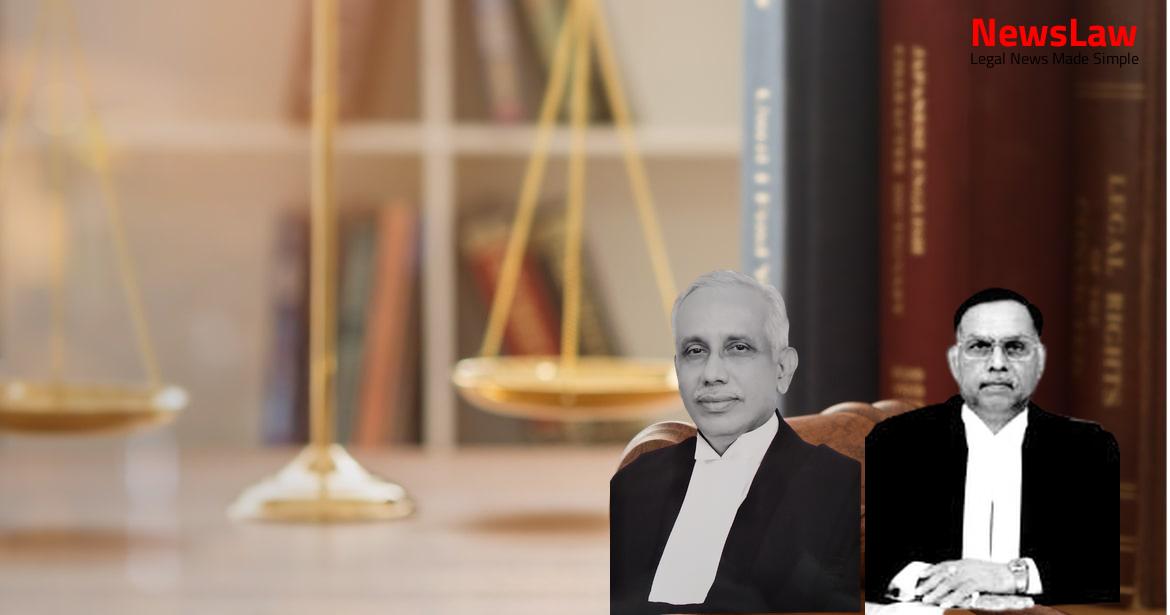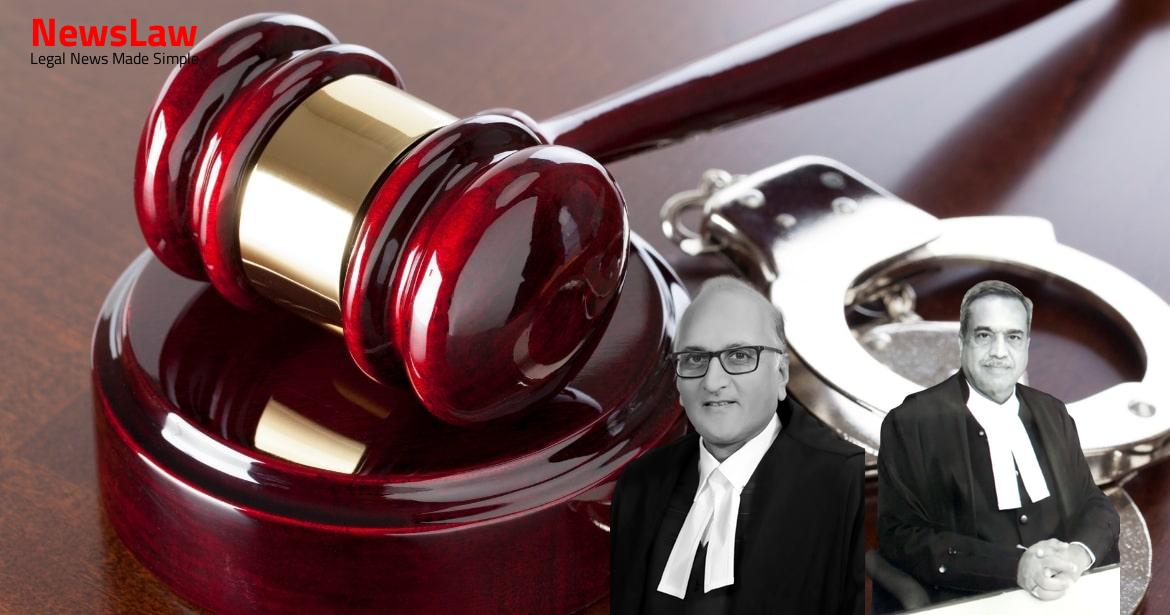The subject of the letter was: 2 “Cabinet decision on summoning of the house of the legislature of the State on 3 March 2023.” 3 The letter of the Governor refers to a prior exchange of correspondence between the Governor and the Chief Minister; the Governor having addressed an earlier communication of 13 February 2023 to which the Chief Minister had responded through a letter dated 14 February 2023 and a ’tweet’ of the same date. 5
Also Read: https://newslaw.in/case-type/criminal/alleged-misuse-of-official-position-courts-legal-analysis/
The Governor noted that while the Chief Minister had in his previous correspondence underscored the mandate with which he has assumed the office of Chief Minister, in terms of Article 167 of the Constitution, the Chief Minister is bound to furnish full details and information sought by the Governor. (d) Vide letter dated 4-1-2023 I wrote about the presence of Sh.
Please increase the knowledge of Punjabis by telling this.” 9 In the backdrop of the aforesaid communication by the Chief Minister and his tweet, the Governor while responding to the request of the Cabinet for summoning the Budget Session of the Vidhan Sabha from 3 March 2023 stated that: “ Since your tweet and letter, both are not only patently unconstitutional but extremely derogatory also, therefore, I am compelled to take legal advice on this issue.
5 11 The Government of Punjab seeks (a) a declaration that the Governor of Punjab is duty bound to act on the aid and advice of the Council of Ministers in matters of summoning or proroguing of the Vidhan Sabha of the State of Punjab; (b) a writ of certiorari quashing the communication of the Governor dated 23 February 2023 stating that a decision on the recommendation of the Council of Ministers for summoning the Vidhan Sabha for its Budget Session would be taken only after obtaining legal advice; and (c) a direction to the Principal Secretary to the Governor of Punjab to facilitate the issuance of appropriate orders for summoning the Legislative Assembly for its Budget Session at 10 am on 3 March 2023.
For convenience of reference, the order is extracted below: “In exercise of the powers conferred upon me by virtue of 6 Clause(1) of Article 174 of the Constitution of India, I, Banwarilal Purohit, Governor of Punjab, hereby summon the Sixteenth Vidhan Sabha of the State of Punjab to meet for its Fourth (Budget) Session at 10.00 am on Friday, the 3 March 2023 in the Punjab Vidhan Sabha Hall, Vidhan Bhavan, Chandigarh.” Duties of Chief Minister as respects the furnishing of information to Governor, etc – It shall be the duty of the Chief Minister of each State– (a) to communicate to the Governor of the State all decisions of the Council of Ministers relating to the administration of the affairs of the State and proposals for legislation; (b) to furnish such information relating to the administration of the 7 affairs of the State and proposals for legislation as the Governor may call for; and (c) if the Governor so requires, to submit for the consideration of the Council of Ministers any matter on which a decision has been taken by a Minister but which has not been considered by the Council.” Going beyond the duty to communicate, the Chief Minister has a duty to furnish such information relating to the administration of the affairs of the State and proposals for legislation as the Governor may require.
The 8 Governor might be unable to discharge their duty under Article 167(c) if the Chief Minister does not discharge their duty under Article 167(a) and Article 167 (b) by providing the Governor with relevant information as requested. My submission is that although the Governor has no functions still, even the constitutional Governor, that he is, has certain duties to perform. Therefore, having regard to these two duties which the Governor has namely, to see that the administration is kept pure, without corruption, impartial, and that the proposals enunciated by the Ministry are not contrary to the wishes of the people, and therefore to advise them, warn them and ask them to reconsider-I ask the House, how is the Governor in a position to carry out his duties unless he has before him certain information? Under the Cabinet system of Government as embodied in our Constitution the Governor is the constitutional or formal head of the State and he exercises all his powers and functions conferred on him by or under the Constitution on the aid and advice of his Council of Ministers save in spheres where the Governor is required by or under the Constitution to exercise his functions in his discretion. The extraordinary powers of legislation by ordinances, dispensing with enquiries against public servants before dismissal, declaration of emergency and imposition of President’s rule by proclamation upon States, are vast powers of profound significance.
As we have already indicated, the overwhelming catena of authorities of this Court have established over the decades that the cabinet form of Government and the Parliamentary system have been adopted in India and the contrary concept must be rejected as incredibly allergic to our political genius, constitutional creed and culture.” In the present case, the Governor was not summoning the House for the first time following a general election, but was advised by the Council of Ministers to convene the Budget Session, at the behest of a government which has been duly elected in the general election. However, the Governor also referred to the tweet of the 12 Chief Minister and to his letter dated 14 February 2023 and then proceeded to state that since both the tweet and the letter were “patently unconstitutional” and “extremely derogatory”, he was compelled to take legal advice “on this issue” and that he would decide on the request thereafter. 25
The genesis of the controversy has required the intervention of this Court at two distinct levels: first, to ensure that the constitutional duty of the Governor to act on the aid and advice of the Council of Ministers to summon the Legislative Assembly is fulfilled without delay or demur; and second, to ensure that the obligation of the Chief Minister to furnish information to the Governor in terms of Article 167(b) of the Constitution is fulfilled.
Second, while this Court is cognizant of the importance of free speech and expression and the fundamental value embodied in Article 19(1)(a), it becomes necessary to emphasize that constitutional discourse has to be conducted with a sense of decorum and mature statesmanship.
Also Read: https://newslaw.in/case-type/civil/courts-analysis-on-compliance-with-resolution-plan-conditions/
27 With these observations, the Petition shall stand disposed of. 28 Pending applications, if any, stand disposed of.
Case Title: THE STATE OF PUNJAB Vs. PRINCIPAL SECRETARY TO THE GOVERNOR OF PUNJAB (2023 INSC 181)
Case Number: W.P.(C) No.-000302 / 2023



